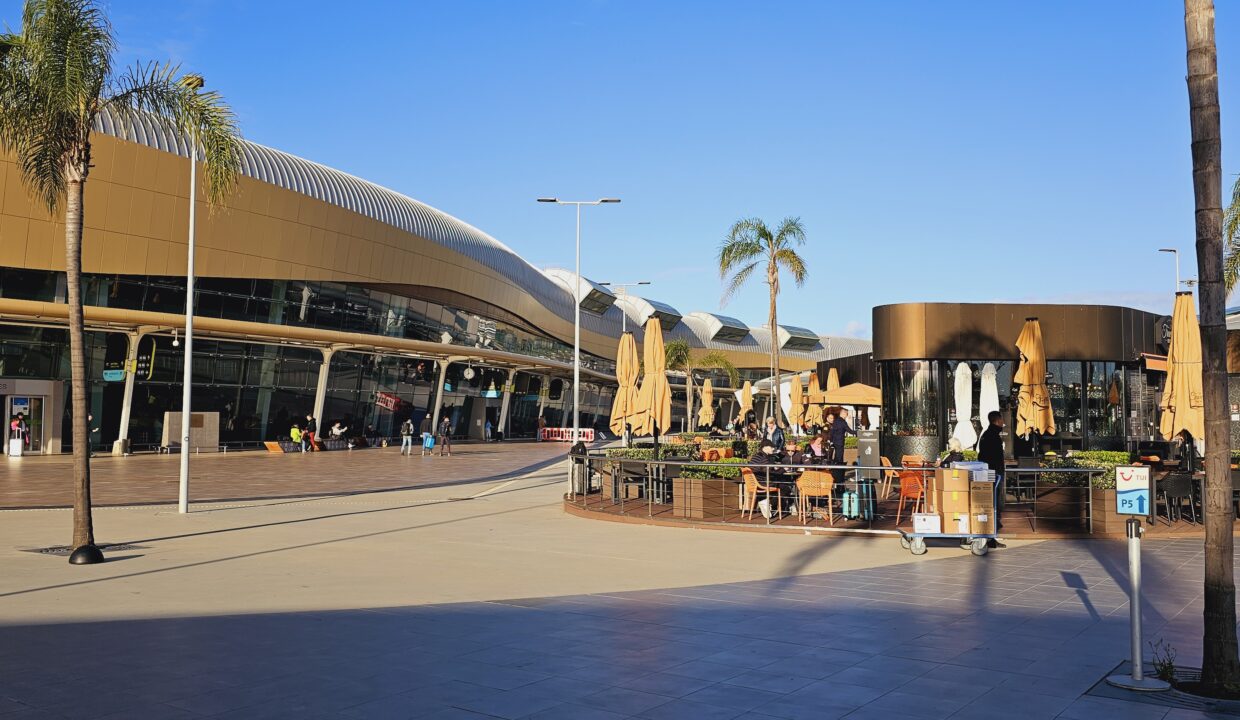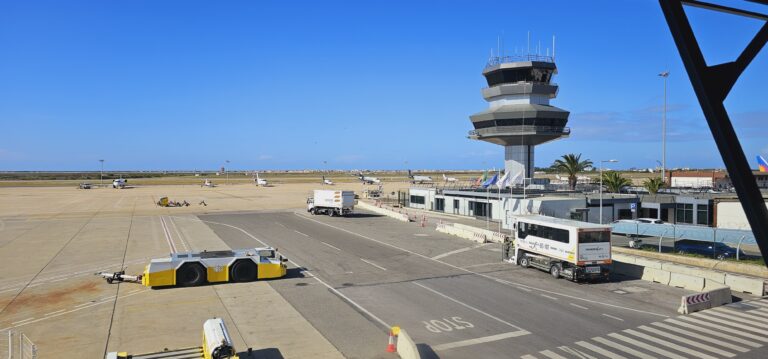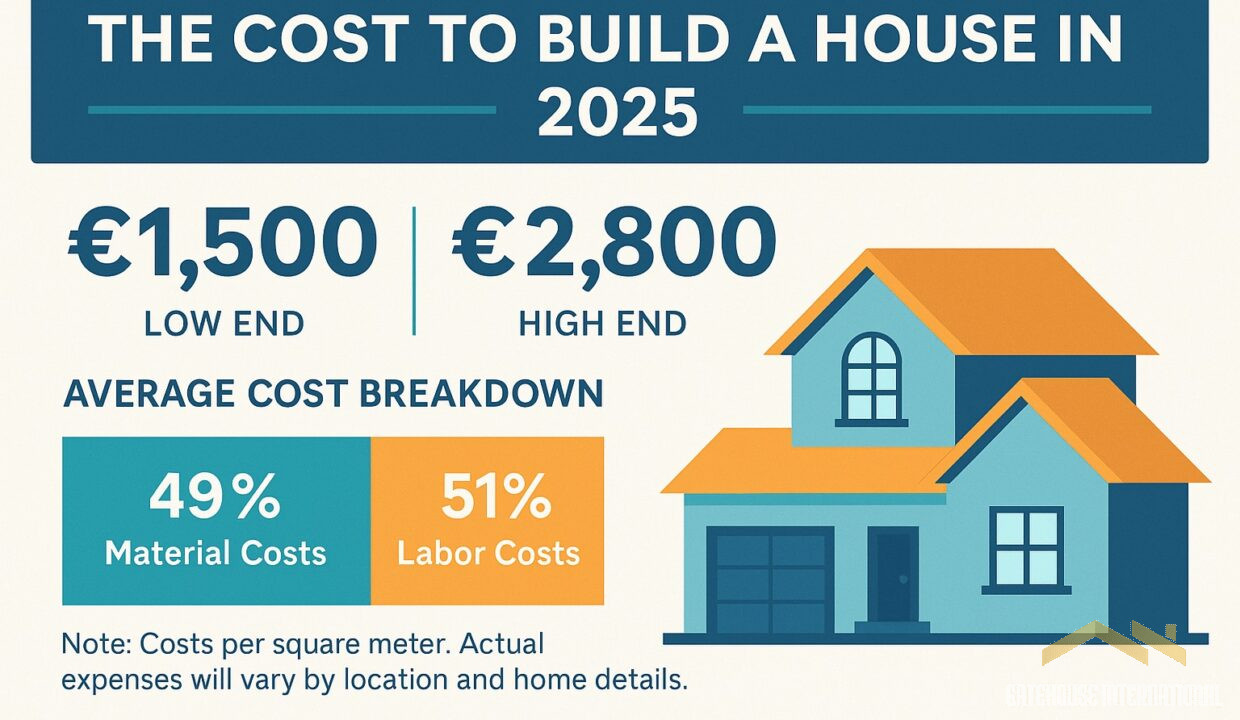The New Foreigners & Borders Law 2025 in Portugal

Mark McLoughlin: Um explorador apaixonado do rico património do Algarve
Há mais de 20 anos que Mark chama o Algarve de casa, mergulhando nas suas paisagens, cultura e história. A sua paixão é partilhar as histórias da região através da escrita, fotografia e guias para aqueles que vivem aqui ou sonham em fazer do Algarve a sua casa.
Como Guia Local do Google de nível 10, o Mark tem contribuído extensivamente para mostrar as praias escondidas do Algarve, as cidades históricas e as jóias locais, ajudando tanto os residentes como os visitantes a descobrir o melhor deste paraíso do sul.
🔗 mark-mcloughlin.com







